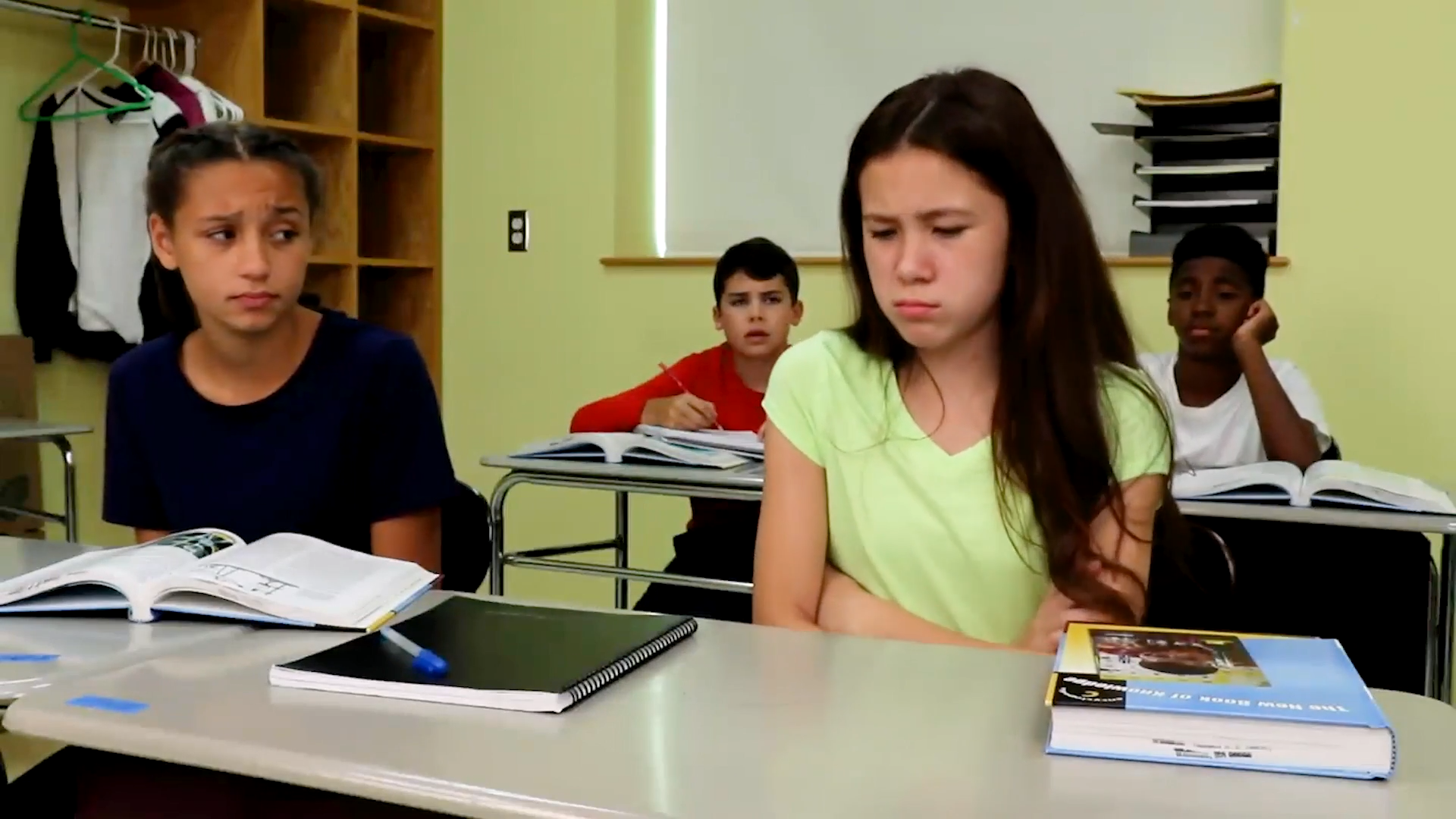As educators, it’s essential to teach students how to manage their worries and make good choices, both in situations they can control and those they can’t. This blog post will discuss Social-Emotional Learning (SEL) principles and provide a no-prep activity, discussion questions, and related skills to help students navigate through their worries and develop flexible strategies to stay calm.
Introduction
Everyone experiences worry at different times in their lives, and students are no exception. Sometimes, they have control over the things that make them feel worried, while other times, they have little or no control. It’s crucial for students to learn how to handle these worries effectively and make good choices in both types of situations. By incorporating SEL principles into your teaching, you can help students develop the necessary skills to manage their worries and foster a positive learning environment.
No-Prep Activity: Worry Control Role Play
This activity requires no preparation or materials and can be done in a classroom setting. Have students form pairs and assign each pair a situation – one where they have control over their worries and one where they don’t. Give students a few minutes to discuss and practice how they would handle each situation using their flexible strategies and making good choices. Then, have each pair present their role play to the class, demonstrating the different ways they managed their worries in each scenario. This activity helps students practice their problem-solving and decision-making skills while also teaching them the importance of staying calm in situations they can’t control.
Discussion Questions
- What are some strategies you can use to stay calm when you’re worried about something you can’t control?
- How can making good choices in situations you can control help reduce your worries?
- Why is it important to differentiate between worries you can control and those you can’t? How can this understanding help you in your daily life?
- What are some examples of situations where you’ve had to make good choices to manage your worries? How did you handle those situations?
- How can teachers and classmates support each other in managing worries and making good choices?
Related Skills
Teaching students how to manage their worries and make good choices is just one aspect of SEL. Other essential skills that contribute to a well-rounded social-emotional education include:
- Effective communication: Encouraging students to express their feelings, thoughts, and concerns openly and respectfully.
- Empathy: Teaching students to understand and share the feelings of others, allowing them to better support their peers.
- Problem-solving: Helping students develop their ability to identify problems, consider possible solutions, and choose the best course of action.
- Resilience: Building students’ ability to bounce back from setbacks and maintain a positive outlook despite challenges.
Next Steps
Now that you have a better understanding of how to help students manage their worries and make good choices through SEL principles, consider exploring additional resources to further support your teaching. Sign up for free samples of SEL materials and activities from Everyday Speech to enhance your curriculum and provide students with the tools they need to succeed in their social-emotional development.











